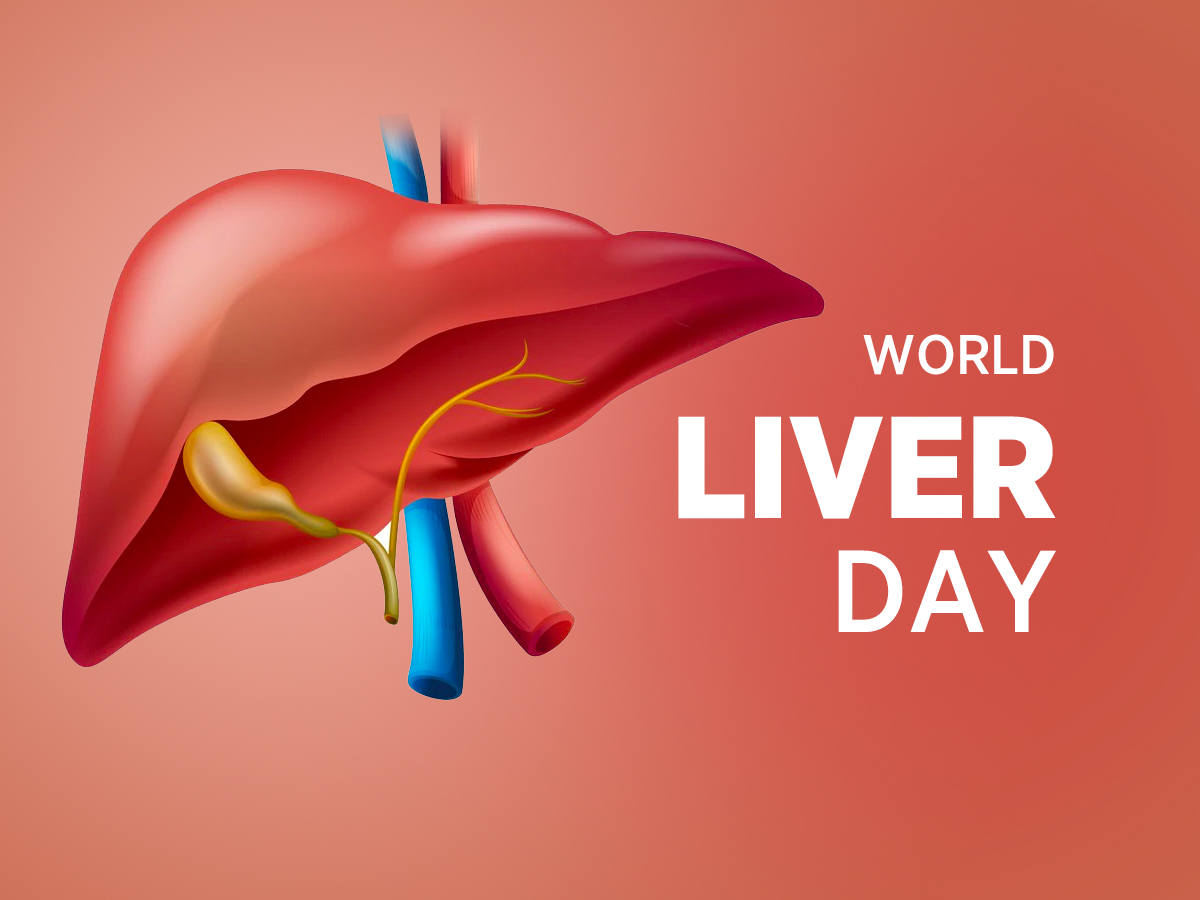Guides
World Liver Day: Step By Step Guide On How To maintain Your Liver
The World Liver Day, observed annually on April 19, raises awareness about liver-related issues. The liver, crucial for immunity, digestion, and metabolism, can affect multiple organs if diseased.

The World Liver Day, observed annually on April 19, raises awareness about liver-related issues. The liver, crucial for immunity, digestion, and metabolism, can affect multiple organs if diseased. Excessive fat accumulation also jeopardizes liver health. World Liver Day aims to unite communities, medical professionals, and policymakers worldwide to address the growing burden of Liver disease. This article contains a step-by-step guide on how to maintain your liver.
Guide On How To Maintain Your Liver
1. Maintain a healthy weight
2. Eat a balanced diet.
For optimal liver health, avoid high-calorie meals, saturated fats, refined carbohydrates (like white bread and pasta), and sugars. Steer clear of raw or undercooked shellfish. Instead, focus on a balanced diet rich in fiber from fresh fruits, vegetables, whole grains, and cereals. Include moderate amounts of lean meat, low-fat dairy, and healthy fats such as those found in vegetable oils, nuts, seeds, and fish. Stay hydrated by drinking plenty of water.
3. Avoid the use of illicit drugs
illicit drugs are referred to as highly addictive and illegal substances such as Heroin, Marijuana, and Meth. While the decision to use one of these drugs for the first time is usually a voluntary one, an unexpected addiction can decide to quit later significantly harder, An addiction to illicit drugs changes the way a person’s brain works and, consequently, the way they think and act
As previously explained, the liver plays a crucial role in metabolizing and detoxifying substances in the body, including drugs. However, some illicit drugs can exert excessive stress on the liver, potentially resulting in liver damage or disease. Substances such as cocaine, ketamine, and methamphetamine have all been associated with liver damage. This is another step-by-step guide on how to maintain your liver.
4. Use alcohol responsibly
Alcoholic beverages pose significant health risks, including liver damage and scarring of liver tissue by destroying liver cells. It’s crucial to consult your doctor regarding your alcohol consumption. Your healthcare provider can guide whether moderate drinking or complete abstinence is appropriate for you based on your individual health needs. This is another way to maintain your liver.
Strategies to lower the risk of your drinking
- Set a drinking limit near BAC .05
- Experiment with drinking less and refusing drinks
- Keep track of how much you consume by counting “standard drinks”
- Eat before and while you are drinking (eating after doesn’t help much)
- Be cautious when drinking liquor or mixed drinks due to high alcohol content
- Alternate alcoholic and nonalcoholic drinks
- Avoid drinking games.
5. Exercise regularly
Research indicates that consistent physical activity can enhance liver function through several mechanisms, including the reduction of inflammation, heightened insulin sensitivity, and facilitation of fat breakdown within the liver. Furthermore, exercise promotes better blood circulation to the liver, thereby contributing to enhanced liver health and functionality.
Regular physical activity can also:
- Improve blood flow to the liver
- Change the composition of bacteria in your body
- Decrease liver inflammation
- Change how your blood vessels dilate
- Reduce body fat.
